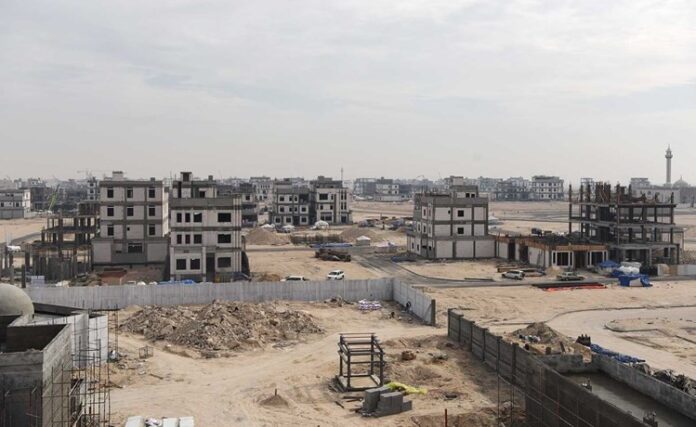According to MEED magazine, Kuwait is facing challenges in boosting investments in infrastructure projects across transportation, energy, and construction sectors.
The magazine added, project contracts since 2018 have only amounted to $20 billion, a stark contrast to $83 billion in Qatar and $223 billion in the United Arab Emirates during the same period, reports Al-Anba daily.
The magazine highlighted well-known obstacles, including political and bureaucratic issues that hinder project implementation. The absence of a centralized decision-making structure indicates that internal changes are unlikely.
To address this, Kuwait signed 7 memorandums of understanding with China in September, focusing on major projects. The agreements cover various sectors such as housing development, renewable energy, water treatment, recycling, and ports.
Stakeholders in Kuwait’s project sector hope these agreements will stimulate the market, which has been sluggish. Chinese contractors are particularly interested in solar energy and public housing, where they have achieved success in the Gulf Cooperation Council countries.
MEED noted that given China’s dominance in the global solar PV industry, the MOUs could pave the way for a solar power plant, addressing short-term challenges and helping Kuwait reach its renewable energy target of 4,400 MW. This might be the country’s most viable option due to its limited production capacity.
In the public housing sector, challenges persist with over 90 thousand citizens on the waiting list in 2022, potentially reaching 100 thousand in 2023. The average waiting period exceeds 10 years. The Chinese-Kuwaiti agreement could facilitate direct Chinese investment in developing public housing, offering a solution to Kuwait’s housing crisis alongside the renewable energy deal.

















